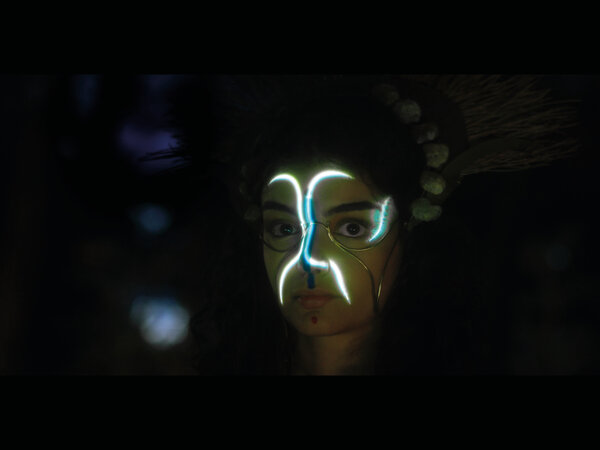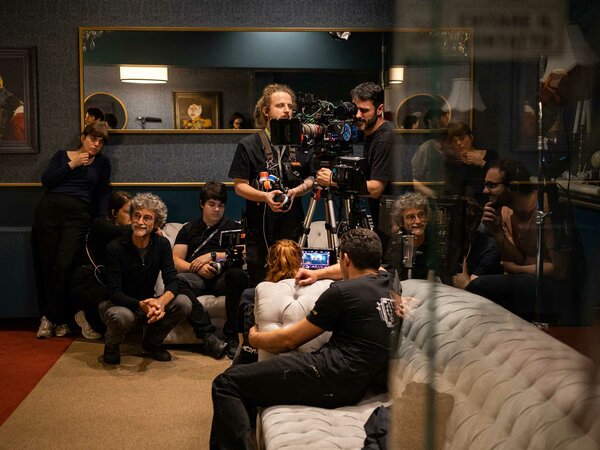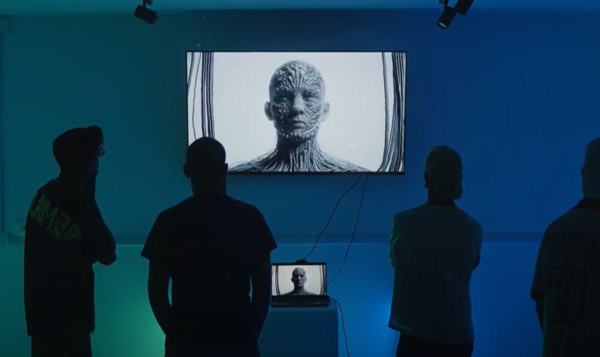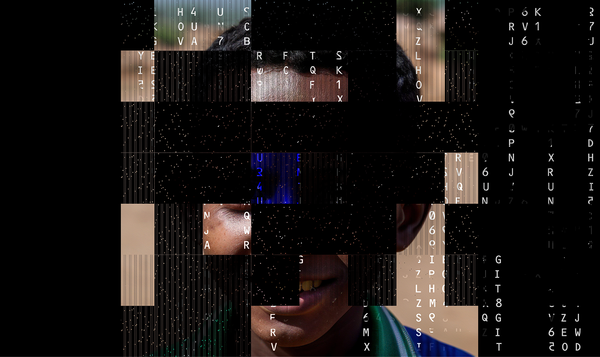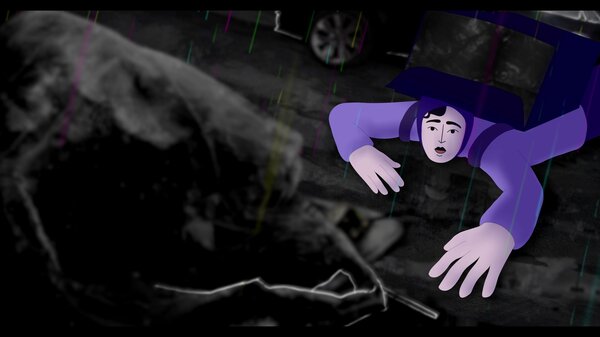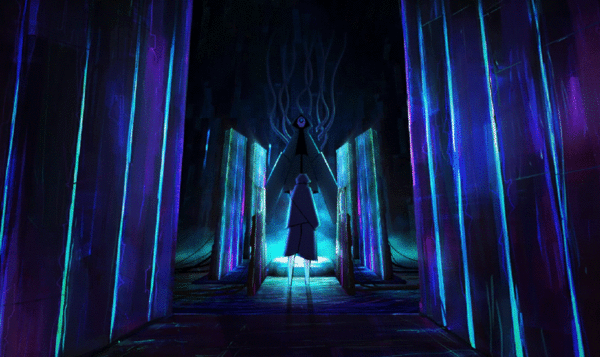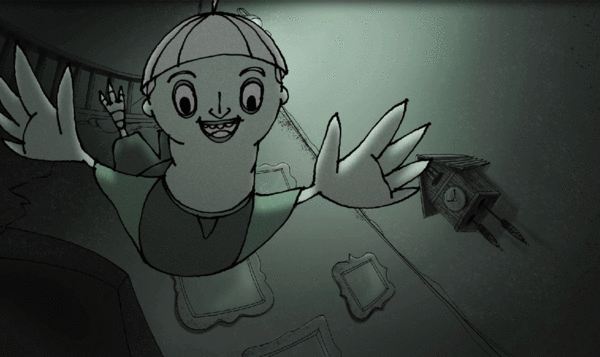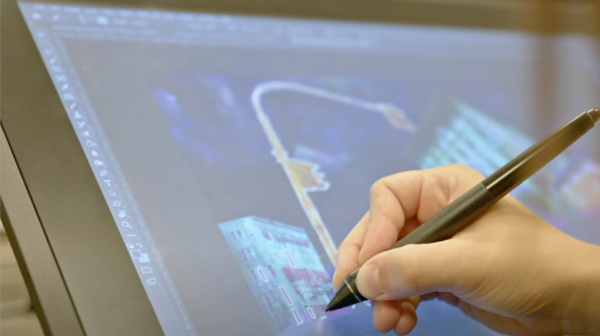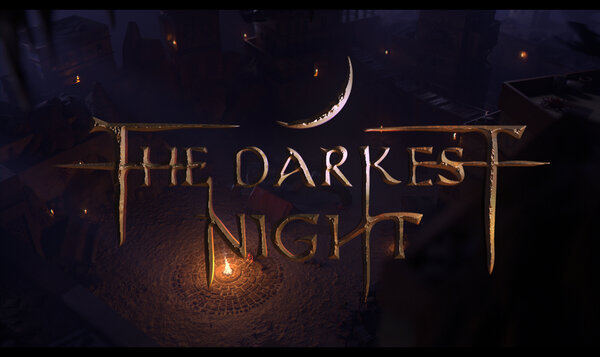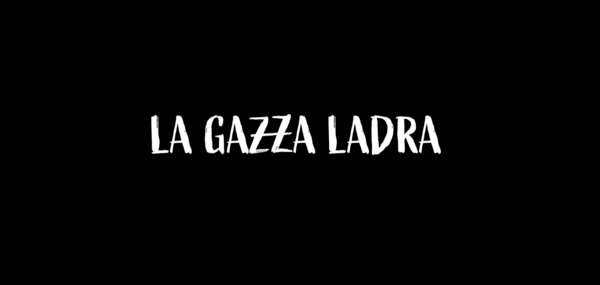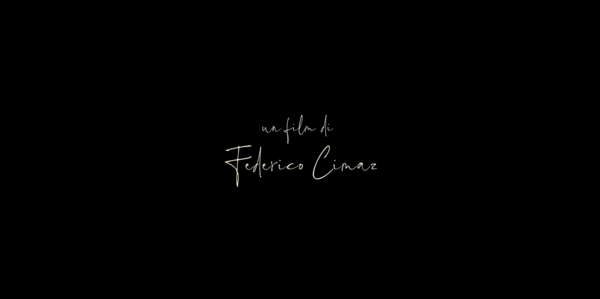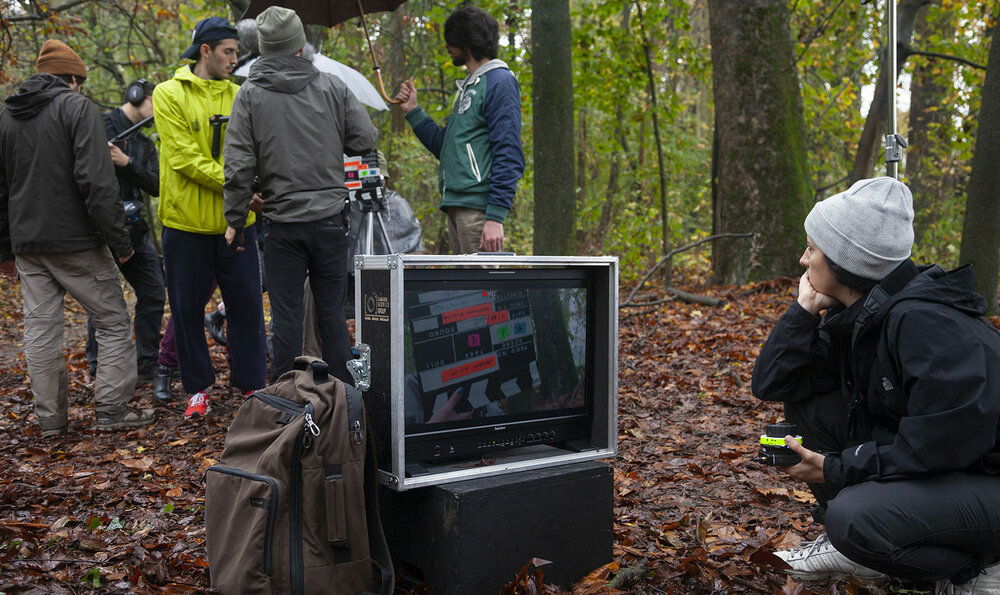
Director: Who they are, what they do, and how to become one
Who they are and what they do
The Director is the key figure in an audiovisual production, whether in cinema, television, or in theater.
Their role is to transform a screenplay into a complete work that can move, engage, and entertain the audience.
The Director oversees every phase of the project, from the initial development of ideas to post-production. Through directing actors, choosing camera angles, and coordinating with various technical departments, they imprint their personal style and artistic vision onto the production. Their ability to tell stories in an original and compelling way is crucial to the success of the project.
Role and responsibilities
The Director’s role is complex, blending creativity with operational management. Their main responsibilities include:
- Interpreting the screenplay, often in collaboration with the screenwriter, to define the project’s visual and narrative style.
- Directing and guiding actors, helping them bring their characters to life.
- Collaborating with the Director of Photography to create the desired atmosphere.
- Overseeing the editing phase to ensure narrative consistency.
- Coordinating the work of set designers, costume designers, and sound technicians.
Beyond artistic aspects, the Director must solve on-set problems, adhere to budget constraints, and manage the team with authority and leadership.
Career and salary
A Director’s career path can take different directions. Some specialise in cinema, others in television, advertising, or theatre. Many start as Assistant Directors, gaining experience before establishing themselves with independent projects or large-scale productions.
Earnings vary depending on experience and project type. Emerging Directors may work with limited budgets, while established professionals command substantial fees, particularly if their work gains international recognition.

IED Open Days
We look forward to meeting you in person at our premises and online, to learn more about our teaching offerings, get to know our services and interact with coordinators, lecturers and students.
Skills and training
To excel in this profession, a Director must develop a combination of artistic, technical, and managerial skills, including:
- Knowledge of directing, cinematography, and editing techniques. A Director must have a solid grasp of camera techniques and angles, as well as how to use editing to create rhythm and visual coherence.
- Narrative sensitivity and the ability to craft compelling stories. A professional in this role needs a strong storytelling instinct to develop characters and narratives that captivate and hold the audience’s attention.
- Leadership and team management abilities. Equally important is the ability to coordinate a diverse team of professionals, including actors, technicians, and creatives. A Director must communicate clearly and effectively and inspire confidence in the team.
- Proficiency in audiovisual production tools. Keeping up to date on the latest technology, from cameras to editing software, is essential.
- Understanding of production and organizational dynamics. A Director must grasp all production phases, from pre-production to post-production, managing budgets, timelines, and resources to successfully complete a project.
Many aspiring Directors attend film schools to gain a strong theoretical and practical foundation, connect with industry professionals, and refine their personal style.
How to become a Director
Pursuing a career as a Director requires dedication, creativity, and strong determination. In the early stages, it can be beneficial to participate in festivals and competitions to gain industry recognition, start with independent and self-produced projects, build a network with Screenwriters, Producers, and industry technicians, and work as an Assistant Director to gain hands-on experience.
If you aspire to become a professional Director, explore the IED School of Cinema courses. These comprehensive training programmes cover everything from fundamental to advanced skills, including directing techniques, set management, actor direction, and the development of a unique narrative style. Moreover, the courses are designed to prepare well-rounded professionals in the film industry, with both a theoretical and practical approach.
